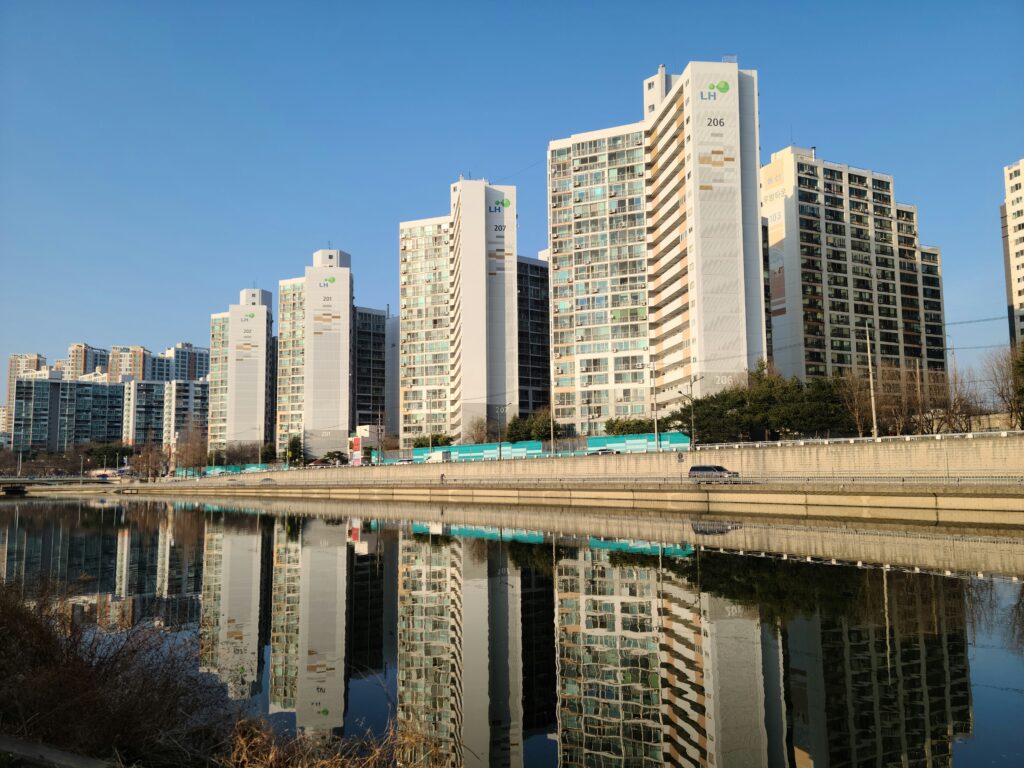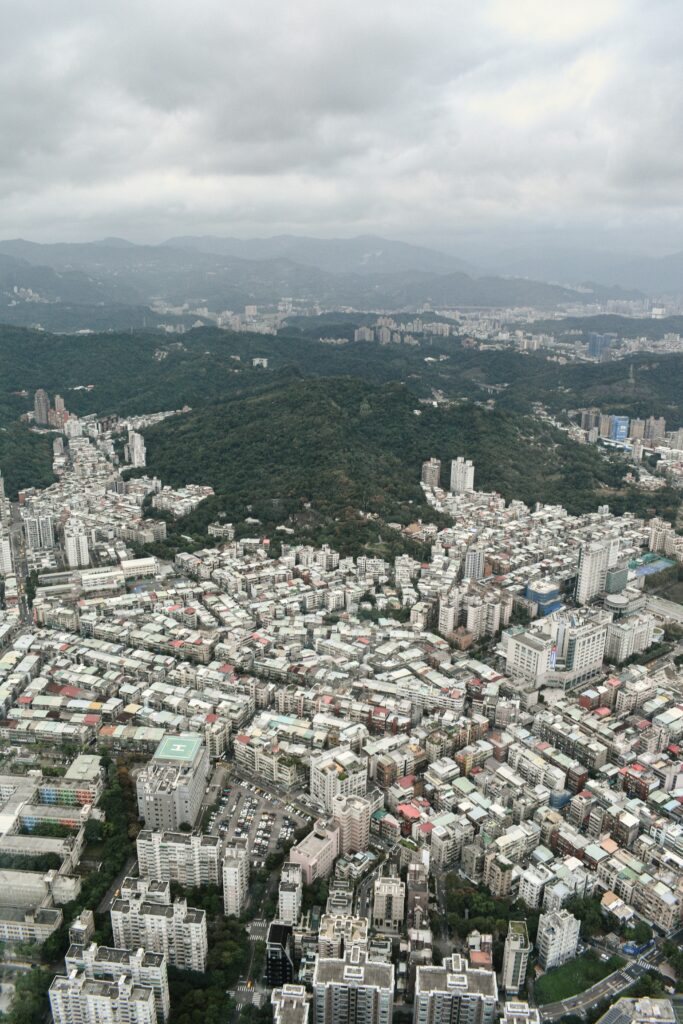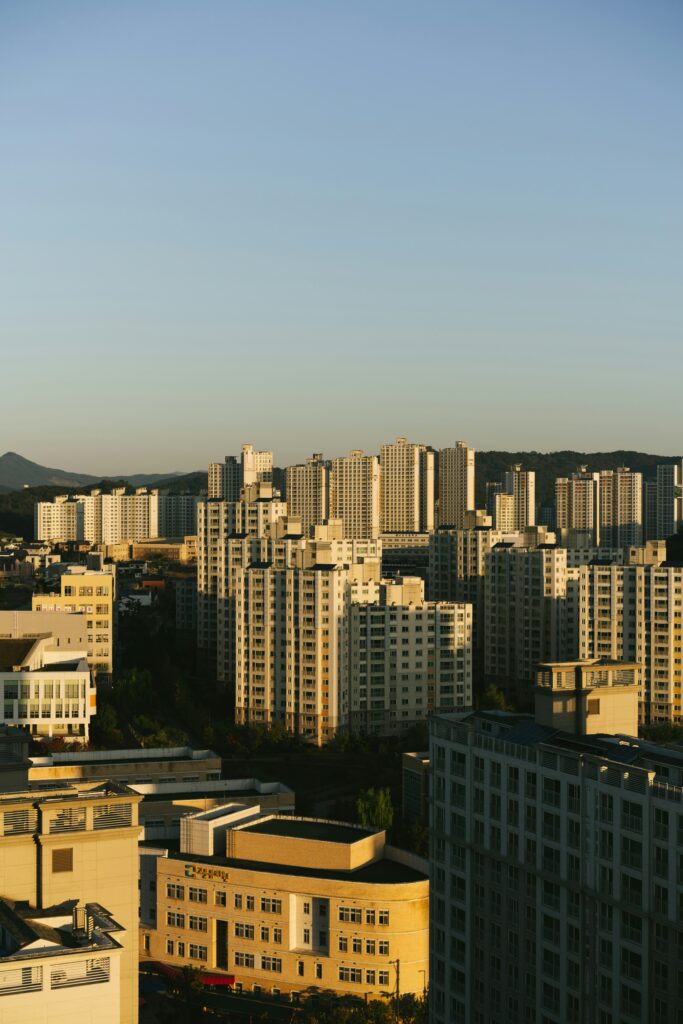When young adults typically leave their parents’ homes to live independently, they usually enter into a monthly rent (월세, wolse) agreement, paying a landlord a set amount each month. Unless their parents purchase a home for them, wolse is the common path. However, South Korea boasts a unique system known as Jeonse (전세).
In a wolse agreement for a $100,000 home, a tenant might pay a $30,000 deposit and $500 in monthly rent. With Jeonse, for the same $100,000 home, the tenant provides a large lump sum—for example, $70,000—to the landlord but pays no monthly rent for the 1-2 year contract period. At the end of the contract, when the tenant moves out, the entire $70,000 is returned by the landlord.

So, why would a landlord agree to a Jeonse contract, receiving a large sum only to return it later? While there are various reasons, it is primarily motivated by investment opportunities. Instead of a lower deposit and monthly rent, landlords receive a substantial lump sum upfront. They then attempt to generate greater returns from this money through investments—such as in real estate, stocks, or cryptocurrencies—aiming to earn more than they would from monthly rent. In essence, they seek to profit more than the $500 monthly rent by investing the $70,000 deposit.
Why would a tenant choose Jeonse over wolse? Because obtaining a Jeonse loan from the bank, with interest rates typically between 2-3%, and giving that large sum to the landlord, often proves more economical than paying monthly rent. In Seoul, South Korea’s capital, wolse payments can be prohibitively expensive for young professionals and new graduates. It is often cheaper to pay bank interest on a Jeonse loan of $100,000 to $200,000 than to pay high monthly rent.

Given that banks even offer Jeonse loan products, how did this unique housing system originate and become institutionalized in South Korea? While modern Korea has grown into one of the world’s top 10 economies, it was classified as one of the poorest nations until the 1960s, following the Korean War which ended in 1953. State-led public housing initiatives were implemented, but they were woefully insufficient, leaving many without proper housing.
After 1960, South Korea’s economy developed rapidly, and people’s incomes increased. However, housing in the capital, Seoul, remained scarce, and during a period of low supply relative to demand, monthly rents soared. In response, the government introduced the “Jeonse” system and leveraged Jeonse loans to fund the construction of apartments and homes. Landlords, in turn, could receive significant funds through Jeonse contracts and invest them to generate higher returns than from traditional monthly rents.
While this wasn’t the sole reason, Jeonse emerged as a middle ground for tenants who lacked sufficient funds to buy a home and found monthly rents burdensome, and for landlords seeking higher returns. There is also a theory that as Jeonse became more prevalent, the government formally incorporated it into the institutional framework. The Jeonse system brought positive outcomes until the 2010s, but the situation has drastically changed. There has been a rise in landlords absconding with tenants’ Jeonse deposits. Instances have been reported where individuals acquired over 100 homes using loans, collected over $100,000 in Jeonse deposits from tenants across these properties, and then fled overseas. Some cases even involved individuals owning more than 1,000 homes.

The critical issue is that Jeonse tenants are typically young adults in their 20s and 30s, and for most, the $100,000 deposit is largely financed through bank loans. If they fall victim to such scams, the majority are unable to repay these loans. There have even been tragic cases where individuals, after being defrauded of large sums, made devastating choices. As the situation grew severe, the government established a task force (TF) to crack down on Jeonse fraudsters and even expressed its commitment to creating insurance programs to prevent Jeonse scams. The instability of the Jeonse system has led to an increase in tenants opting for wolse contracts. While a major advantage of South Korea’s Jeonse system is the potential for a win-win scenario for both landlords (through investment gains) and tenants when real estate prices rise, the inverse is also true. When property values decline, landlords may be unable to return the Jeonse deposit to tenants, sometimes even reacting defiantly. This market has become so problematic that even landlords engaging in wolse fraud are emerging. Moving forward, the government and legal system must prioritize protecting tenants.
#SouthKorera #korea #Jeonse #rent
